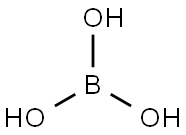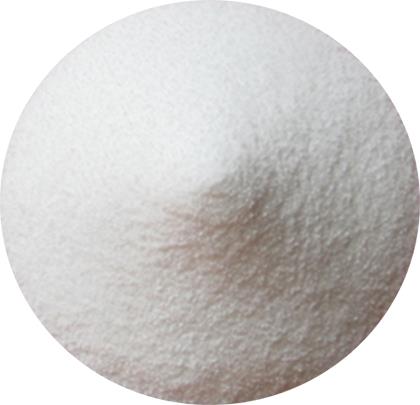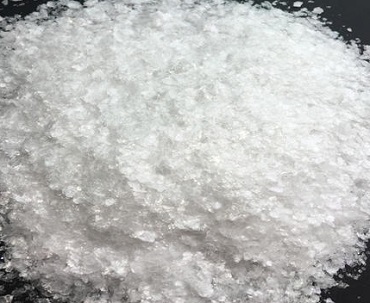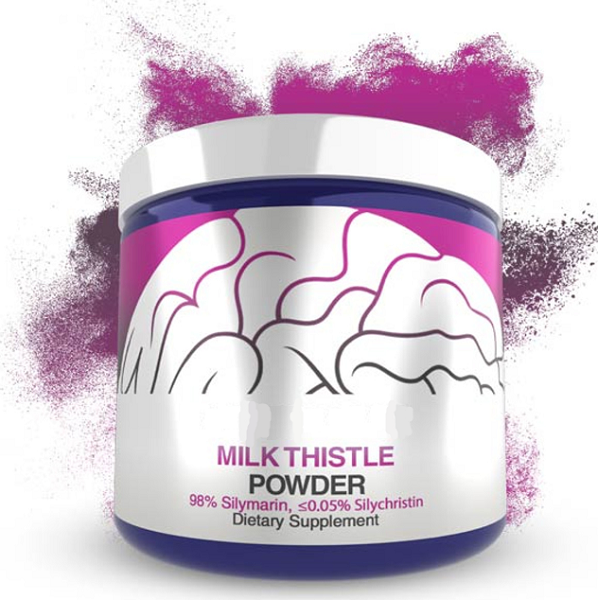Why is Orthoboric acid banned? And what are the effects on human health?
Orthoboric acid(Boric acid) is a natural compound made from oxygen and boron. It is found in water and soil and is used as a food preservative, textile glass fibre, flame retardant, topical wound care agent and insecticide. However, boric acid can be toxic and cause nausea, vomiting, abdominal pain, diarrhoea and, in more serious cases, kidney damage and seizures. Exposure to large amounts of boric acid in a short period of time can affect the stomach, intestines, liver, kidneys, and brain, and may even lead to death. In addition. EPA states that long-term exposure to boric acid may cause damage to the testes, endocrine system, and developing fetus. Therefore, JECFA concluded that boric acid and borax were not suitable for use as food additives.Orthoboric acid is a preservative that is not permitted for use in food in Hong Kong.
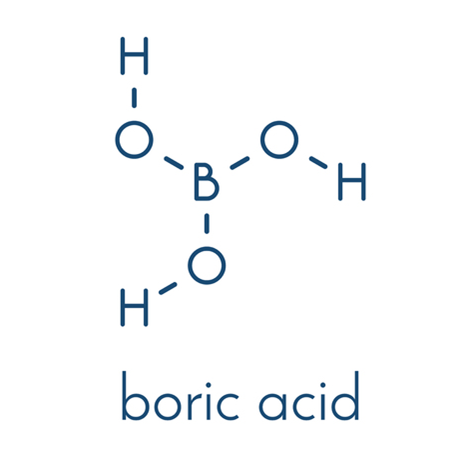
Orthoboric acid is not banned in the United States. However, the EPA classifies it as"moderately"acutely toxic. In the European Union, borax is classified more strictly, and in December 2010, Orthoboric acid was added to the list of Substances of Very High Concern (SVHC) due to its reproductive toxicity. In other words, ECHA recognises that significant exposure to borax may adversely affect human reproduction or development. As a result, a number of products containing borax have been banned from sale in the EU unless they fulfil certain safety requirements.
You may like
Related articles And Qustion
See also
Lastest Price from Boric acid manufacturers
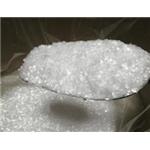
US $1.00/kg2025-04-21
- CAS:
- 10043-35-3
- Min. Order:
- 1kg
- Purity:
- 99%
- Supply Ability:
- 20 tons

US $0.00/kg2024-06-11
- CAS:
- 10043-35-3
- Min. Order:
- 1kg
- Purity:
- 99%
- Supply Ability:
- 1 tons
